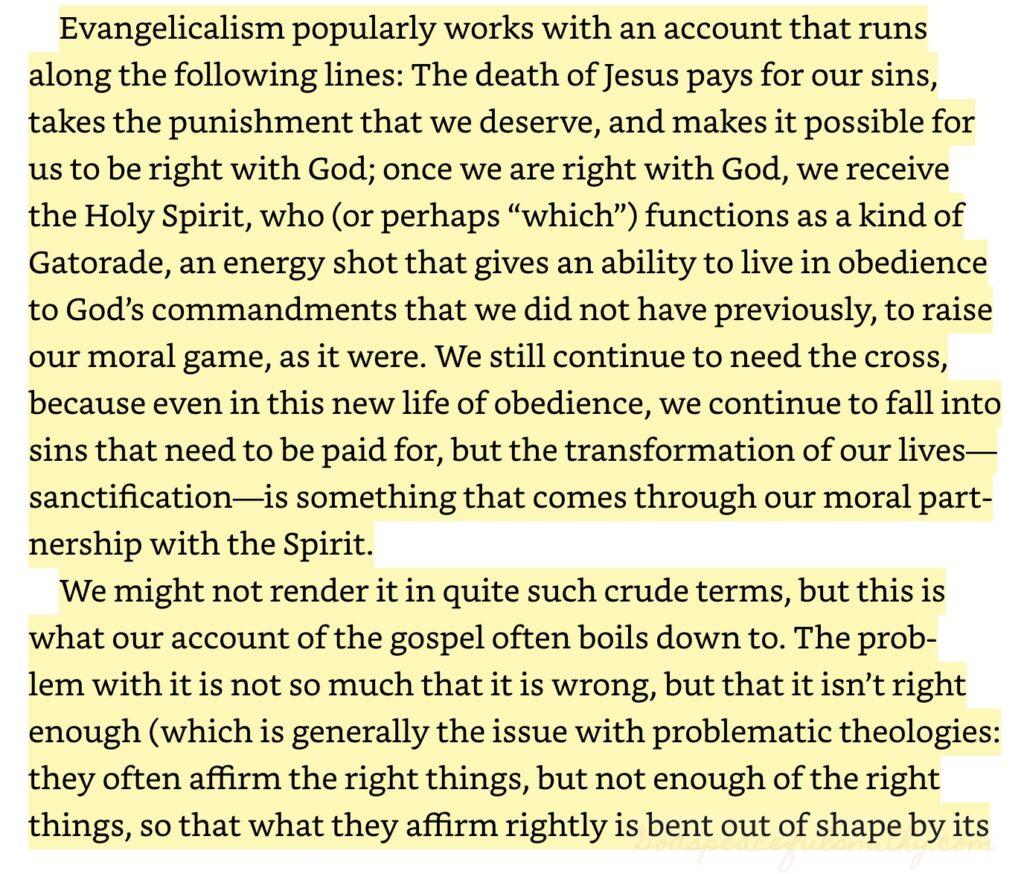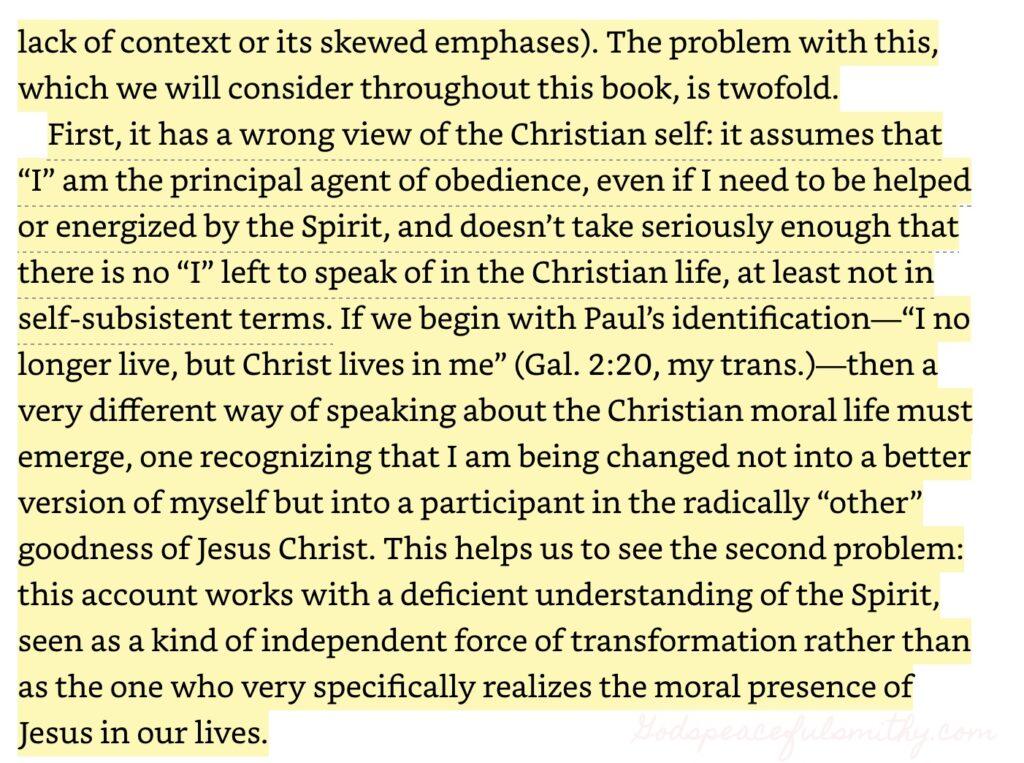 We are never to old to discover a new dimension for our faith in Jesus Christ. For example, my recent introduction to a deeper understanding of what it means to be “in Christ”!
We are never to old to discover a new dimension for our faith in Jesus Christ. For example, my recent introduction to a deeper understanding of what it means to be “in Christ”!
Oh I have been aware of the idea that the Church, indeed Christians of all persuasions, are “the body of Christ” with Jesus as the head. I recognize Jesus as “the cornerstone” of our faith. I have known it is important to understand that Jesus works through believers as “the vine” through which we as “branches” carry out our missions as disciples of Jesus our teacher. I have experienced that when we come to faith we are “new creatures.”
Indeed, I have also considered the words of Jesus explaining that He is in the Father and visa versa, and in us as well. However, I did not fully or correctly appropriate or appreciate the full extent of that message.
20 I have been crucified with Christ and I no longer live, but Christ lives in me. The life I now live in the body, I live by faith in the Son of God, who loved me and gave himself for me.
The key point is “I no longer live, but Christ lives in me.” We can consider this as the more popular concept of striving to imitate Christ. That idea proposes that we can by our own effort and the help of the Holy Spirit decide what Jesus might do in any given situation and then strive to do it. While this seems an admirable goal it is wrong. It places the responsibility, even the possibility squarely upon us.
Our goal is not to act like Jesus but rather to be transformed, to become a new creature IN Jesus. With Jesus living in us as we are transformed into His likeness. We are to have such a “personal relationship” with Him that He acts through us. As some have said it is not that we are living our lives through Him but that He is living His life through us.
Grant Macaskill says it this way.
In our relationship with Jesus we keep Him in the loop. We no longer ask “What would Jesus do?” Instead we pray, “Jesus what would you like to do through me?”
Here is a second part of my new adventure with Jesus. I learned this from Archbishop Charlse Jones of the Charismatic Episcopal Church. He is a New Testament Greek Scholar. He explains that repentance, in the Greek doesn’t mean so much to change direction as it means “to think with” or to think differently. We repent when we “think with Jesus.”
This made much sense to me. When Jesus thought with parables He was trying to get people to think outside the box, to think differently. For example, the correct question is not “Who is my neighbor?” It is, “Am I a neighbor?”
So when we change our thinking from What would Jesus do? To, What do you, (Jesus) want to do through me? It’s a whole new way of living.
Bishop Jones goes one step further in his explanation. He uses the example of wearing the wrong glasses. Since we are being transformed into the likeness of Jesus we are not fully there yet. We may see situations from a purely human self centered perspective. Then Jesus may prompt us to change lenses to see the situation from His point of view.
Another frequent comment from the Bishop is “The person in front of you is for Jesus the most important person right now. To be in Christ is to see the other in this way. In our relationship with Him, He will prompt us to repent and see the other with His eyes.
Will we fail? Of course. However, as we grow in Christ we will become more Christlike. Repentance and forgiveness through Christ will continue to transform us into his likeness. Our interactions with the people in our lives will change. The fruit of the Spirit will become more natural than a struggle. Love, Joy, peace, patience, kindness, goodness, gentleness, thoughtfulness ,self-control; will become more our pattern of behavior.
Receiving this teaching has changed my relationships with others. The first was a transformation in my interactions with my grandson. He is 16 and lives with us. In Christ, I realized most of my interactions were about 80% negative and complaining. I told him that, as I had said before, it was time for him to become more responsible. However, I was going to change. I am no longer going to treat him like a child. For example, his room is his responsibility and I will no longer nag him about it. Likewise, his school work is his responsibility. I am willing and happy to help. However, I will no longer remind him to do his homework or get assignments done on time. If he fails. He fails. Things are much better between us.
Driving is more relaxed. Waiting in lines is less aggravating. Prayer is more thoughtful. It is easier to go with the flow of life. It is easier to live in Christ.


